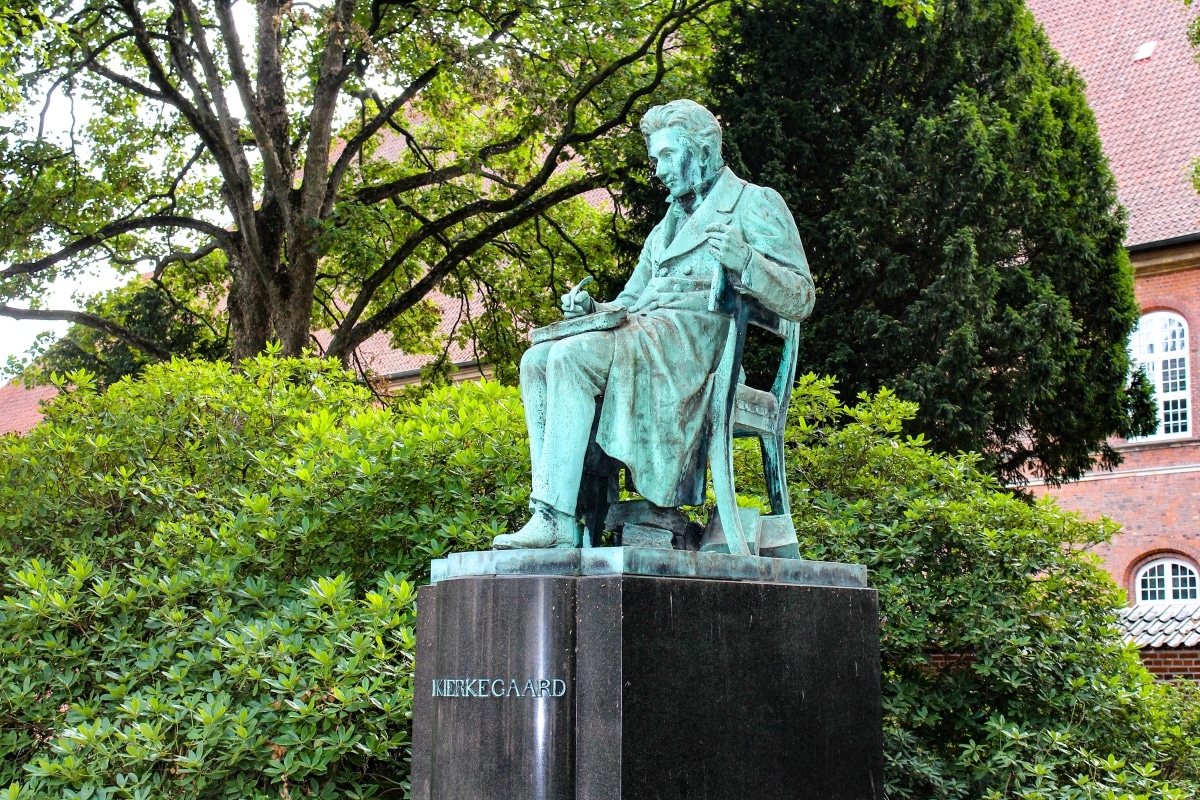An exploration of the philosophical perspectives of Søren Kierkegaard, the 19th-century Danish philosopher known as the father of existentialism. The piece emphasizes Kierkegaard’s beliefs about the quest for a meaningful life, understanding life’s meaning through retrospection, and the importance of authenticity and individuality in human existence.
Key Points:
- Søren Kierkegaard, a Danish philosopher, is often regarded as the progenitor of existentialism and had extensively deliberated on the quest for meaning in human life.
- Kierkegaard challenged traditional beliefs and emphasized the significance of personal choice, self-reflection, and authenticity in pursuing a meaningful life.
- He advocated for individual self-discovery, encouraging the exploration of personal passions, desires, and talents, even if it meant divergence from societal norms.
- He proposed that true understanding of life and its meaning comes in retrospect, as we reflect on our experiences and the events that have influenced us.
- According to Kierkegaard, true fulfillment comes from becoming an authentic, fully aware individual, free from the influence of others’ expectations and judgments.






